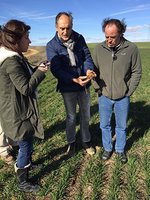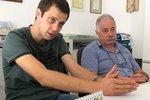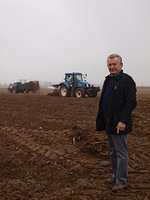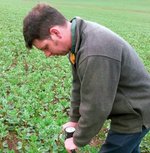Real Life Cases
SmartSOIL works with 6 case studies representing different bio-geographic and social-economic agricultural areas.
The project has engaged and consulted with stakeholders (farmers, farm advisory and extension services, policy-makers) in the different case studies through interviews and workshops to:
- Identify key management practices affecting soil carbon
- Identify farm and management systems at risk of low soil carbon under current and future climate.
- Identify potential soil carbon management practices and any barriers and constraints to uptake
- Identify requirements and needs for a soil carbon decision support tool and to test its feasibility
- Collect locally specific farm management and socio-economic data on soil carbon management practices to feed into the decision support tool.
- Produce Real Life Case Studies and videos of farmers undertaking soil carbon management practices
- Identify effective ways of disseminating the outputs of the project to the case study regions.
Stakeholders told us that they wanted real life stories of farmers as a way of disseminating information about soil organic carbon management (SOC). In response to this feedback we have prepared Real Life Cases (RLC) for each of the six case study regions (Denmark, Hungary, Italy, Poland, Scotland, Spain,). As part of this process farms implementing one or more of practices known to enhance SOC were identified:
1 Crop rotation
2 Residue handling
3 Adding manure or compost
4 Cover crops/catch crops
5 Conservation agriculture
The farmers were interviewed, and data (soil, crop and financial) were collected to run the SmartSOIL model and to assess the impact of the practice and its cost effectiveness. This information has been used to create local language RLC leaflets which will feature together with the SmartSOIL Tool, videos and fact sheets in the SmartSOIL toolbox.
Real Life Cases across Europe
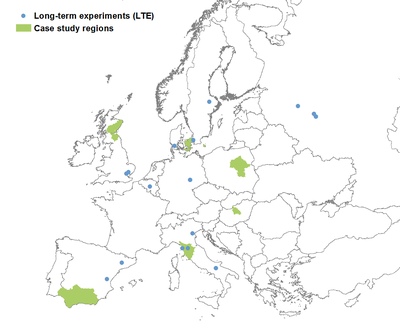 | |


